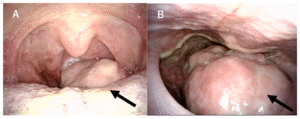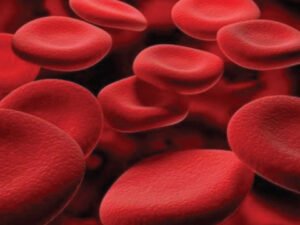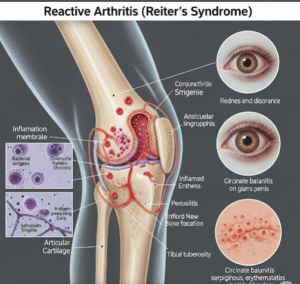Overview
Henoch-Schönlein Purpura (HSP) is a rare autoimmune disorder causing inflammation of small blood vessels (vasculitis). It primarily affects children but can occur in adults as well. In Korea, pediatric and rheumatology specialists provide comprehensive care to manage symptoms and prevent complications.
What is Henoch-Schönlein Purpura?
HSP is a form of small-vessel vasculitis that leads to skin rashes, joint pain, abdominal issues, and kidney involvement. The exact cause is unknown but is often preceded by infections, particularly upper respiratory tract infections.
Symptoms
- Purplish rash, typically on the buttocks and lower limbs
- Joint pain and swelling, especially in knees and ankles
- Abdominal pain and gastrointestinal discomfort
- Nausea or vomiting
- Blood in urine (hematuria) in cases with kidney involvement
- Fatigue and mild fever
Causes
- Autoimmune reaction following viral or bacterial infections
- Immune complexes depositing in small blood vessels
- Genetic susceptibility in certain individuals
- Environmental triggers such as infections or medications
Risk Factors
- Age (more common in children aged 3–15 years)
- Recent upper respiratory infection
- Male gender (slightly higher incidence)
- Family history of autoimmune disorders
- Pre-existing kidney conditions in adults
Complications
- Kidney inflammation (glomerulonephritis) leading to long-term damage
- Gastrointestinal bleeding or intussusception (intestinal blockage)
- Persistent joint pain or arthritis
- Rare cases of severe organ involvement
- Chronic kidney disease in severe adult cases
Prevention
- Prompt treatment of infections
- Avoidance of triggers where possible
- Close monitoring in children with recurring symptoms
- Regular follow-up for kidney function after HSP diagnosis
Treatment Options in Korea
Diagnosis
- Blood tests to check inflammation markers and kidney function
- Urine tests for hematuria or proteinuria
- Imaging (ultrasound or CT) if abdominal complications are suspected
- Skin biopsy in uncertain cases to confirm vasculitis
Medical & Management Treatments
- Corticosteroids to reduce severe inflammation or abdominal symptoms
- Pain management for joints using NSAIDs under medical supervision
- Hospitalization for severe abdominal or renal involvement
- Monitoring and treatment of kidney complications
- Supportive care including hydration and rest
Rehabilitation and Support
- Follow-up appointments for kidney and overall health
- Nutritional guidance for children to support recovery
- Education for parents on recognizing early warning signs
- Physical therapy if joint pain persists













